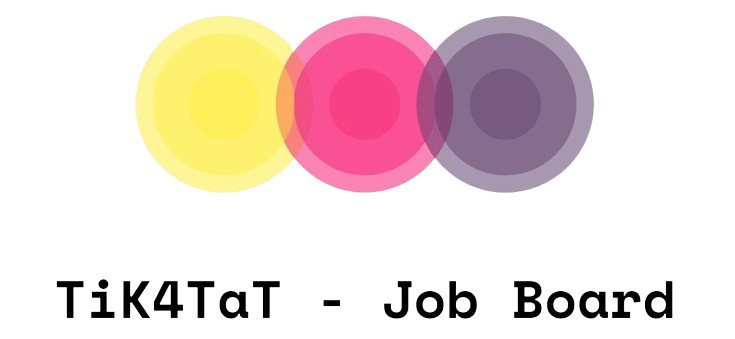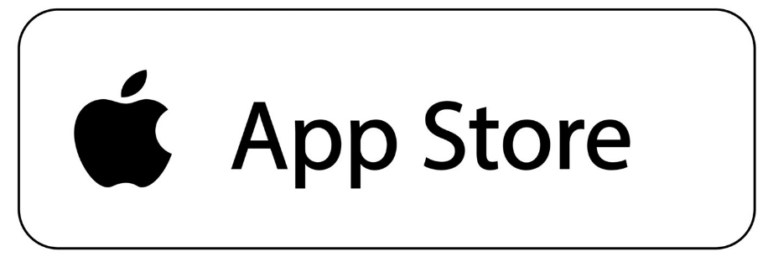doloha6688
About Company
Maximizing the Impact of Peer Feedback and Collaboration in Psychology Writing Services
The field of psychology writing services has seen a surge in demand due to its valuable role in helping individuals, organizations, and institutions communicate psychological concepts and research findings effectively. A key factor in producing high-quality psychological content is the integration of peer feedback and collaborative practices, which enhance the overall accuracy, reliability, and engagement of the written material. This article explores the importance of leveraging peer feedback and collaboration within psychology writing services, illustrating how these practices elevate the standard of psychological writing and foster continuous improvement.
Understanding the Role of Peer Feedback in Psychology Writing
Peer feedback involves receiving constructive criticism and suggestions from colleagues, professionals, or fellow writers who possess expertise in the same field. In the context of psychology writing services, peer feedback plays a crucial role in refining and improving the quality of content. Writers in this domain do my Psychology assignment often tackle complex psychological theories, research studies, and sensitive topics related to mental health and behavior. Receiving input from peers ensures that the content is well-balanced, free from biases, and backed by accurate data.
Peer feedback serves as a form of quality control, allowing writers to identify and rectify errors that may have been overlooked during the initial writing process. For instance, a writer may misinterpret a research study’s findings or make generalized statements about psychological concepts. A fresh perspective from a peer with knowledge of psychology helps identify such inaccuracies, ensuring that the final content is scientifically sound and reliable.
Additionally, peer feedback encourages writers to consider alternative viewpoints. Psychology is a field that thrives on diverse perspectives, and peer reviewers can offer new interpretations or present contradictory evidence that strengthens the overall argument. By incorporating such feedback, psychology writers are more likely to produce well-rounded and insightful content that resonates with their intended audience.
The Collaborative Nature of Psychology Writing Services
Collaboration in psychology writing services involves working with other writers, editors, researchers, or subject-matter experts to create comprehensive and accurate content. This collaborative approach is particularly valuable in psychology, where the subject matter is multifaceted, and the stakes are high due to the impact on mental health and well-being.
One of the primary advantages of collaboration is that it allows writers to pool their knowledge and expertise. For example, a writer with a background in clinical psychology might collaborate with a neuropsychologist to produce an article that covers the interplay between psychological and neurological factors. This synergy of knowledge ensures that the content is not only accurate but also enriched with interdisciplinary insights that would be difficult for a single writer to achieve.
Moreover, collaboration fosters creativity and innovation. Writers can brainstorm ideas, share research findings, and exchange writing strategies, leading to the development of more engaging and informative content. For instance, in bio fpx 1000 assessment 3 a collaborative setting, one writer might suggest using case studies to illustrate theoretical concepts, while another may recommend incorporating visual aids such as graphs or infographics to enhance the reader’s understanding. This collaborative dynamic results in more compelling and accessible psychological writing.
Enhancing the Editing and Revision Process
The process of editing and revision is where peer feedback and collaboration truly shine. In psychology writing services, editing is not just about correcting grammar or punctuation; it involves ensuring the content is clear, coherent, and aligned with psychological principles. Peer reviewers can offer valuable insights during this stage, pointing out sections that require further clarification or suggesting ways to improve the structure of the writing.
Collaboration also plays a significant role in the editing process. Editors with a deep understanding of psychology can collaborate with writers to refine the tone and language of the content. For instance, a writer may need help simplifying complex jargon or making the content more relatable to a non-specialist audience. Through collaboration, editors and writers work together to strike a balance between scientific accuracy and readability.
In addition, collaborative editing allows for the integration of feedback from multiple sources, which leads to a more polished final product. For example, a psychology writer working on a literature review may receive feedback from both a content editor and a subject-matter expert. The content editor may focus on improving the flow him fpx 4610 assessment 1 and coherence of the narrative, while the expert ensures that the review accurately reflects the latest research findings. This multi-layered feedback process significantly enhances the quality of the writing.
Promoting Continuous Learning and Development
One of the most valuable aspects of incorporating peer feedback and collaboration into psychology writing services is the opportunity for continuous learning and development. Writing in psychology requires staying up to date with the latest research, trends, and ethical considerations. Through collaboration, writers can share new information, discuss emerging topics, and learn from one another’s experiences.
Peer feedback also contributes to professional growth. Writers can gain new insights into their strengths and weaknesses, which allows them to improve their writing skills over time. For instance, feedback from a peer might highlight a writer’s tendency to use overly technical language, prompting the writer to adopt a more approachable style in future projects. This iterative process of feedback and revision not only enhances individual writing skills but also contributes to the overall quality of psychology writing services.
Moreover, collaboration fosters a sense of community among writers. Whether through formal writing groups, online forums, or professional networks, writers can connect with peers who share similar interests and goals. This sense of community encourages the exchange of ideas, promotes collaboration on joint projects, and creates a support system that is essential for navigating the challenges of psychology writing.
Ethical Considerations in Peer Feedback and Collaboration
While peer feedback and collaboration offer numerous benefits, it is important to consider the ethical implications of these practices, especially in psychology writing services. Writers must ensure that feedback is provided respectfully and constructively. Harsh or overly critical feedback can discourage writers and stifle creativity, whereas constructive feedback encourages growth and improvement.
In addition, when collaborating with others, writers must give credit where it is due. Collaborative writing projects should clearly define the his fpx 1150 assessment 4 roles and contributions of each individual involved. Plagiarism or failing to acknowledge the contributions of others can undermine trust and damage professional relationships.
Confidentiality is another ethical consideration. In psychology writing, sensitive topics such as mental health, therapy, and client experiences are often discussed. Writers must be careful not to disclose confidential information when seeking feedback or collaborating with others. Maintaining the privacy and anonymity of individuals discussed in the content is essential to upholding ethical standards in psychology writing services.
Adapting Peer Feedback and Collaboration to Digital Platforms
With the rise of digital platforms and online tools, peer feedback and collaboration have become more accessible and efficient. Writers can now collaborate with peers from around the world, using tools such as Google Docs, Slack, and online writing platforms to share drafts, provide real-time feedback, and discuss ideas.
These digital platforms have revolutionized the way psychology writing services operate. For example, a group of writers working on a joint research paper can use a shared document to track changes, leave comments, and communicate directly with one another. This streamlines the collaborative process, making it easier to incorporate feedback and make revisions in real time.
Furthermore, online platforms facilitate peer review by connecting writers with a global network of professionals. Writers can seek feedback from experts in niche areas of psychology, gaining valuable insights that might not be available locally. This global collaboration allows for a more diverse range of perspectives, enriching the quality of the writing.
Conclusion
Peer feedback and collaboration are indispensable components of psychology writing services. These practices enhance the accuracy, reliability, and creativity of written content, while also promoting continuous learning and professional growth. By integrating peer feedback and collaboration into their writing process, psychology writers can produce high-quality content that effectively communicates psychological concepts to diverse audiences.
As digital platforms continue to evolve, the opportunities for collaboration and feedback in psychology writing will only expand, further improving the standard of writing in this field. Ethical considerations, such as providing respectful feedback and maintaining confidentiality, must also remain at the forefront to ensure the integrity of the collaborative process. Ultimately, the combined efforts of peer feedback and collaboration will continue to shape the future of psychology writing services, driving innovation and excellence in this vital domain.


